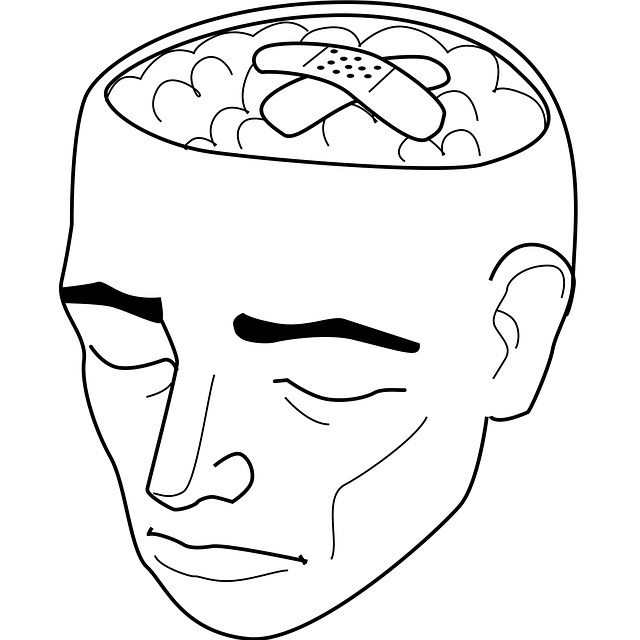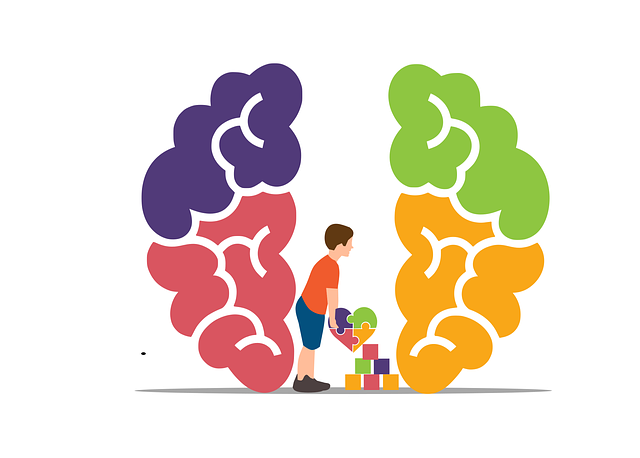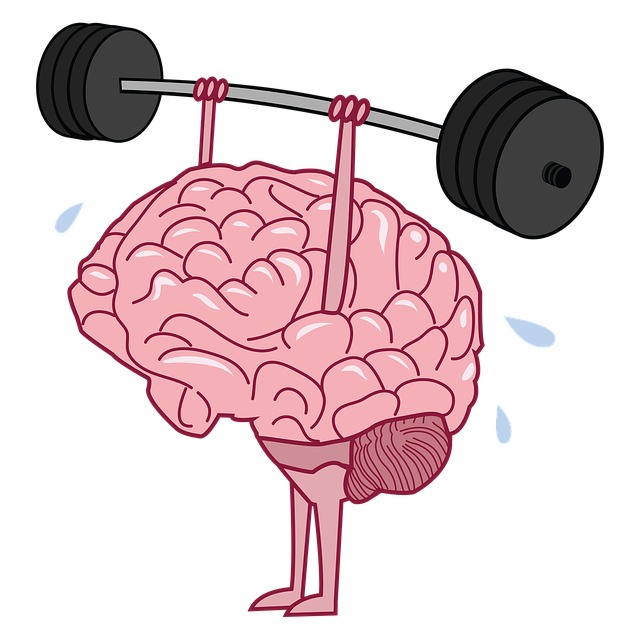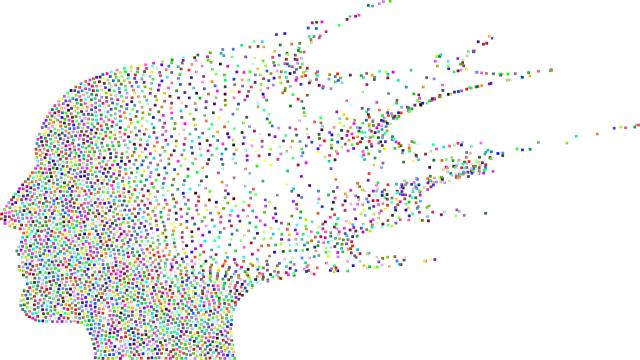Broomfield Dissociative Disorder Therapy (BDDT) is a specialized approach to help individuals struggling with mental detachment, focusing on mindfulness and integration of experiences. Mental health advocacy plays a crucial role in transforming public perception, breaking down barriers, and encouraging conversations about mental wellness through education, community engagement, and practices like Compassion Cultivation. Effective campaigns combine education, communication strategies, and accessible coaching programs to enhance awareness, promote early intervention, reduce stigma, and improve access to quality mental health services.
Mental health advocacy initiatives play a pivotal role in shaping public perception and fostering support for those facing challenges. This article delves into two key aspects: understanding dissociative disorder through the lens of Broomfield Therapy, and exploring effective strategies for mental health initiative campaigns. By examining these sectors, we aim to highlight the power of advocacy in increasing awareness and providing crucial support systems for individuals struggling with mental health issues, particularly dissociative disorders.
- Understanding Dissociative Disorder: Unveiling Broomfield Therapy
- The Power of Advocacy: A Journey Towards Mental Health Awareness
- Strategies for Effective Mental Health Initiative Campaigns
Understanding Dissociative Disorder: Unveiling Broomfield Therapy

Dissociative Disorder, often shrouded in mystery, is a complex mental health condition that warrants increased awareness and understanding. This rare disorder, characterized by a disconnect from one’s thoughts, memories, or feelings, can profoundly impact an individual’s daily functioning. The journey to recovery involves specialized therapies like Broomfield Dissociative Disorder Therapy, which offers a unique approach to healing.
Broomfield therapy focuses on helping individuals regain a sense of control and integrate their disparate experiences. By fostering mindfulness meditation practices, this therapeutic method encourages patients to develop inner strength and navigate the intricate landscape of their minds. Coupled with Mental Health Policy Analysis and Advocacy efforts, Broomfield Dissociative Disorder Therapy underscores the comprehensive support needed for those struggling with dissociation, ultimately fostering a more holistic understanding and improved mental health outcomes.
The Power of Advocacy: A Journey Towards Mental Health Awareness

Mental health advocacy initiatives play a pivotal role in shaping public perception and fostering understanding. By amplifying stories of resilience and hope, these efforts break down barriers and encourage open conversations about mental wellness. Imagine a world where individuals struggling with conditions like Broomfield Dissociative Disorder Therapy feel seen and supported. Advocacy paves the way for increased access to resources, such as specialized therapy, support groups, and evidence-based practices like Mental Wellness Journaling Exercise Guidance.
This journey towards awareness involves educating communities about various mental health challenges, including anxiety and its impact on daily life. Through Compassion Cultivation Practices, advocates promote empathy and challenge stigma. By sharing personal experiences and raising voices, they inspire action and drive systemic changes, ultimately contributing to a more compassionate society where everyone can prioritize and maintain their mental health.
Strategies for Effective Mental Health Initiative Campaigns

Effective mental health initiative campaigns require a multi-faceted approach that combines robust mental health education programs design, engaging communication strategies, and accessible mental wellness coaching programs development. Firstly, tailoring educational content to diverse audiences, including specific populations like those dealing with Broomfield Dissociative Disorder Therapy, ensures relevance and impact. Using multimedia resources, peer testimonials, and interactive workshops can enhance learning and make the information more memorable.
Secondly, strategic communication is key. Leveraging social media platforms, partnering with influential figures, and employing storytelling techniques allows for widespread reach and personal connection. Encouraging open dialogue about mental health reduces stigma, fostering a supportive environment where individuals feel comfortable seeking help. By integrating these strategies, initiatives can effectively raise awareness, promote early intervention, and ultimately improve access to quality mental health services.
Mental health advocacy initiatives, such as those inspired by Broomfield Dissociative Disorder Therapy, play a vital role in enhancing awareness and promoting understanding. By employing effective strategies outlined in this article, we can create impactful campaigns that foster support and improve access to care. Remember that, through collective efforts, we can revolutionize mental healthcare, ensuring folks receive the help they need for a brighter, healthier future.














